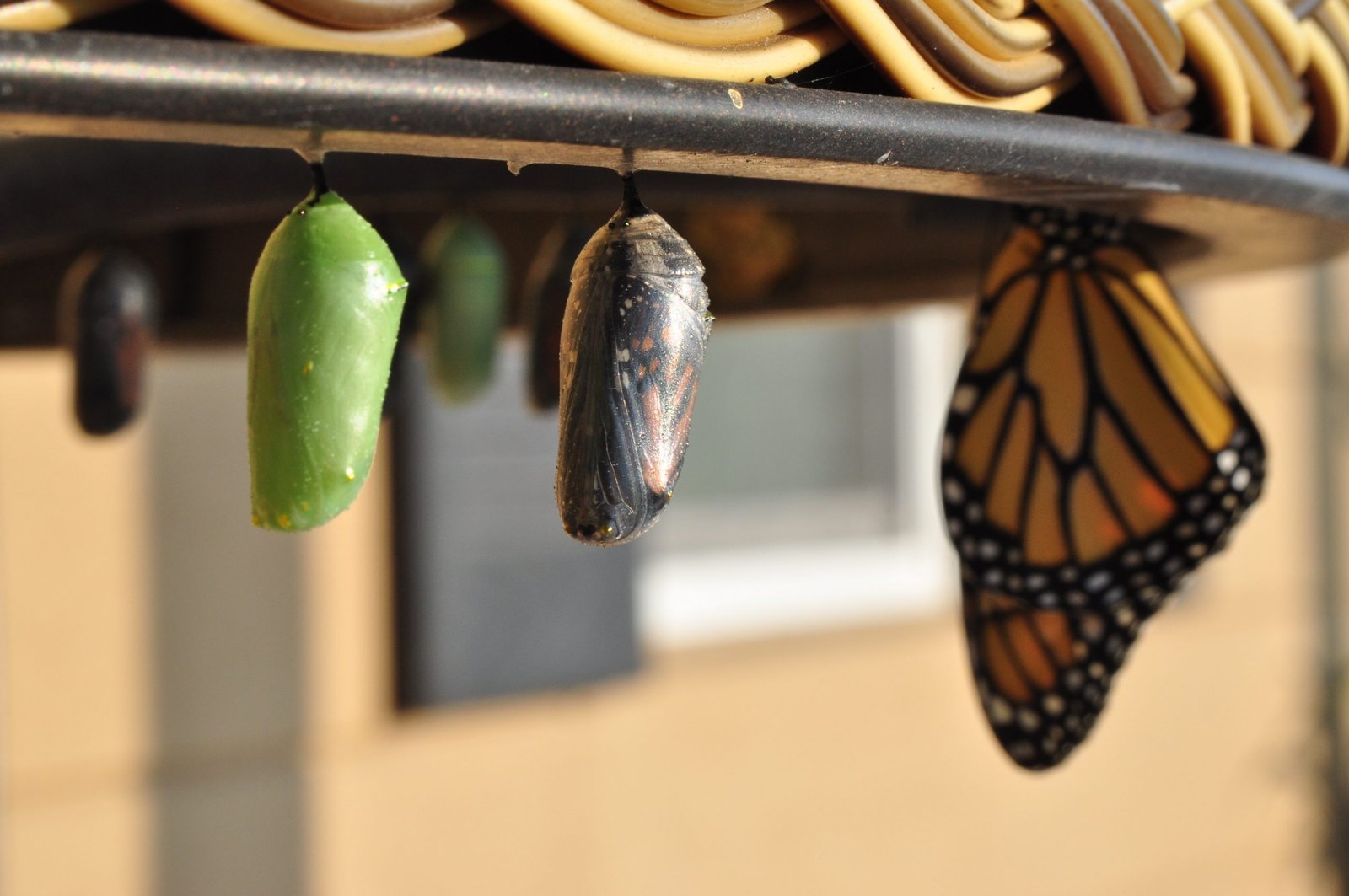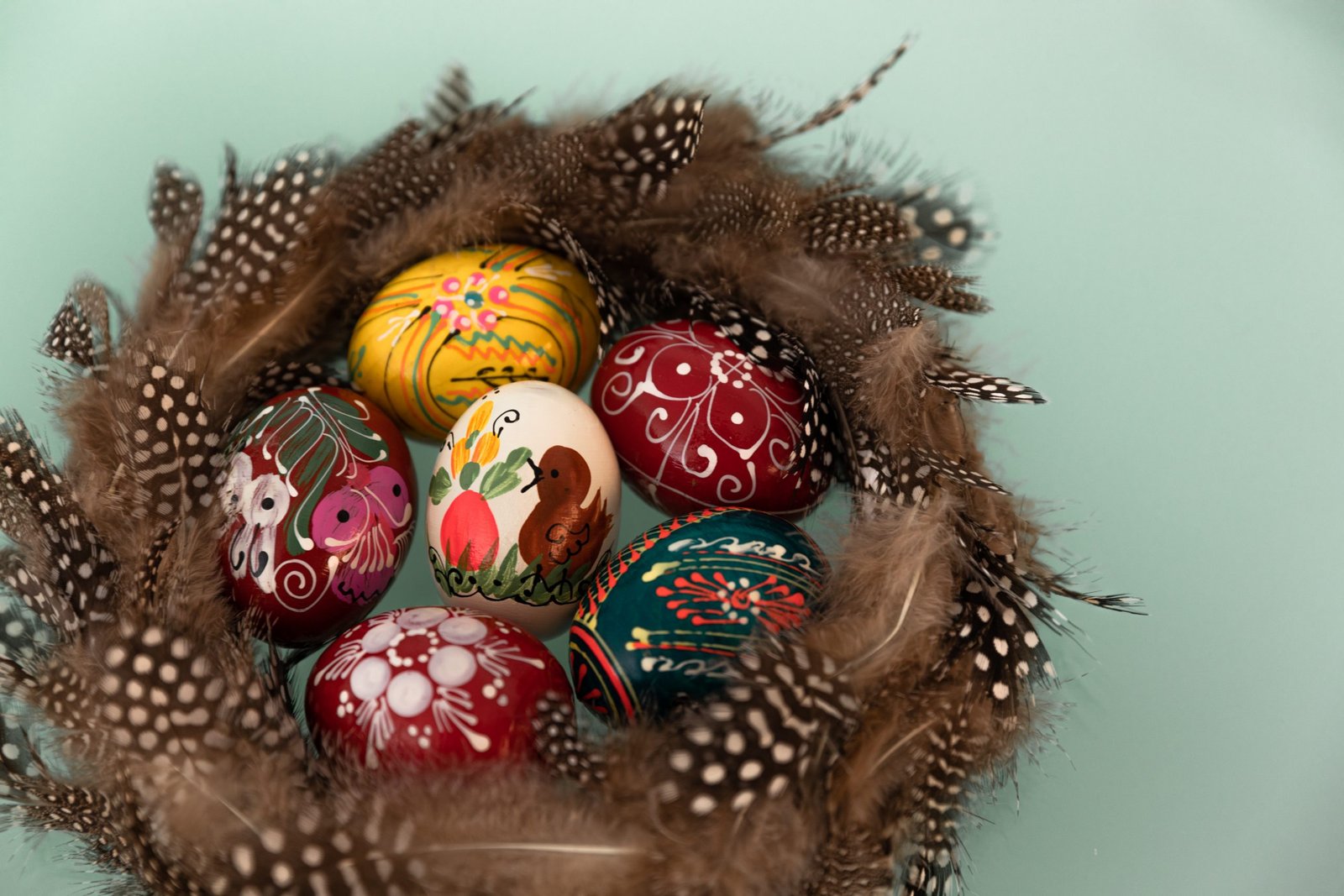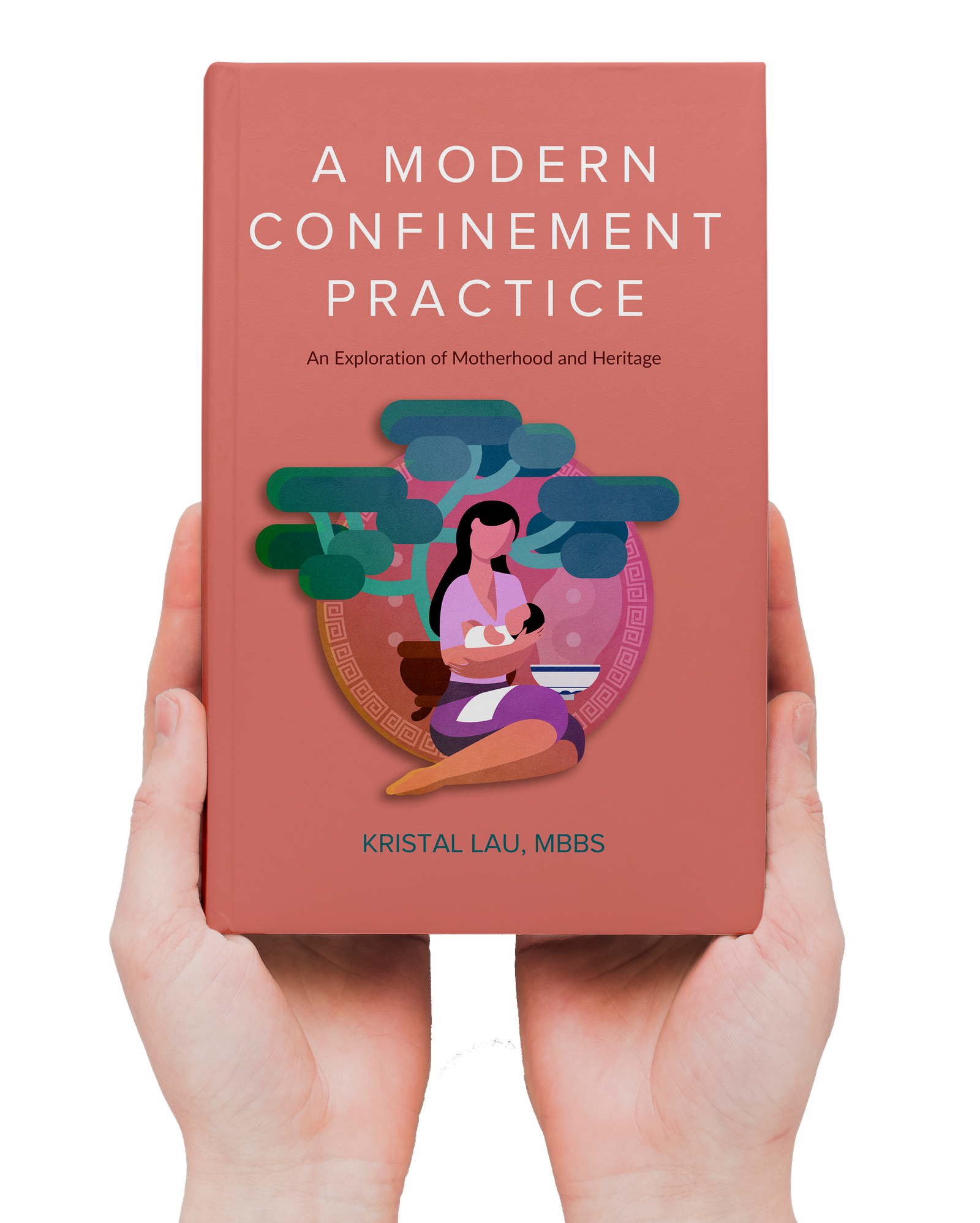The postpartum period and other terms related to this, such as the 4th trimester and confinement period, can have different definitions and meanings for different people. Even among modern medicine and traditional Chinese medicine health providers.
So, it’s important for us to be aware of these differences and learn to “speak the same language” so that you can have the best postpartum experience.
HIGHLIGHTS
- Learn what the postpartum period is
- Understand why the postpartum period is always evolving
- Learn about the different stages within the postpartum period and how they’re linked to your postpartum heath: an introduction to the 4th Trimester and the confinement period

ETYMOLOGY AND DEFINITIONS OF POSTPARTUM
Why am I curious about where the word postpartum came from? Maybe it's because I'm a nerd. I love studying. But that's a topic for another day.
I learned in medical school that understanding the origin of terms can be extremely useful in remembering facts.
Postpartum evolved from two Latin words; post (meaning after) and partum comes from partus (meaning bearing, bringing forth, or producing). Hence postpartum means 'after birth'.
In modern medicine, the postpartum period is defined according to the obstetrics guidelines of each country. Generally, it's 6-8 weeks after giving birth because that's the time the body takes to return to the pre-pregnancy state. But the evolving definition that many doctors are gravitating towards is up to 1-year after giving birth.
For my book and this podcast, I'm using this definition of the postpartum period: 1-year after giving birth.
We've also got a few other names for the postpartum period:
- Postnatal (natal comes from Old Latin nasci meaning 'to be born')
- Puerperium (the 6-8 weeks after childbirth when the female reproductive organs return to their pre-pregnancy state)
Why is it important for us to know that different terms exist and to choose one to communicate with?
- To be on the same page and speak the same language: Clarity about which term you're using and what it means is important for good communication between the audience and presenter, doctor and patient, and businesses and customers. You want people to know exactly what you're talking about.
- Reduce distractions from the topic or problem: In this example of the postpartum period, it's important to choose a definition of how long this time is so that businesses and health providers can focus on tailoring products and services for what moms need during this specific time. Not 2 years from birth, not 5 years from birth. Otherwise, patients and customers are going to be confused about what to expect.
- Helps with the overall postpartum health management which is multi-layered: Pregnancy and birth are so complicated and amazing at the same time. This holds true for the postpartum period as well. But we don't really see or feel it because we're so exhausted after giving birth and we have to immediately start providing for this little new life we created. But our body starts shifting and changing immediately after birth to return things as close as possible to how it was before the pregnancy. New moms are impacted physically, mentally, emotionally, and socially by this life event. Understanding the postpartum period and choosing a definition (or in this case, time frame) is crucial in keeping an eye out for how mom is traveling along after the birth. It's also important because after a certain time frame, different health providers might need to step in to continue caring for mom.

EVOLUTION OF THE DEFINITION OF POSTPARTUM PERIOD
Why is this important? Why should we accept new definitions?
Just like how our views, priorities, and personality changes as we advance from one life stage to another, it's also common for medicine and science to change and evolve as time and our societies progress. We learn new things about the human body everyday so guidelines are always updated to reflect our current needs and knowledge.
In fact, it's absolutely important for medicine to be flexible and to allow change to happen. This flexibility is crucial so that health professionals can provide the best care based on what we know right now.
Honestly, I'd be worried if my doctor or our scientists are too stubborn to work with change.
And with regards to the postpartum period, there's still so much we're learning about what a new mom needs for her recovery. What used to be streamlined care is now evolving to more personalised care based on where she lives, the resources and social support available to her, her culture, her identity. And gosh, I could spend the rest of this episode listing things a new mom's health depends on!
So, I'm very glad that the modern physicians in obstetrics are very open to redefining the postpartum period whenever that needs to be done. This shows that they're in touch about what the modern woman and modern mom needs and wants today. Not tomorrow, not yesterday; TODAY.
And that's just in line with what motherhood is in the early years, isn't it? Just doing what we can for what we need TODAY.
Right now, we need postpartum care for a lot longer than just for the 6-8 weeks after birth.

THE OTHER STAGES WITHIN THE POSTPARTUM PERIOD
Remember when I said that different meanings can be given to one thing or one word? This is where I'll break down the variety of terms used in relation to the postpartum period.
Also recall that I said the postpartum period is an evolving space. So, there's nothing set in stone about the terms I'm about to introduce. Just which definition and time frame you want to use depending on your purpose.

Other time frames related to the postpartum period compared to the 1-year duration used by My Modern Confinement.
In My Modern Confinement, I'm using 'the 1-year immediately after birth' as the definition and time-frame for the term 'postpartum period'.
In Australia, the general consensus among the obstetricians for the postpartum period is 6-8 weeks after birth. I've checked this with a colleague who is an obstetrics trainee in Aussie.
In the USA and Malaysia, the postpartum period is defined as up to 6 weeks after birth.
Why is there a difference among countries? That's because each place has got their unique health related challenges and the population is not the same. So, it's great that there's a variation in how the postpartum period is defined because it's got to relate to the moms in that country.
There's also the term '4th Trimester', an extension of pregnancy's 3rd trimester. This is generally viewed as the 3 months immediately after childbirth, since the pregnancy trimesters are viewed in blocks on 3 months. What I like about this term is that it seeks to be part of the pregnancy. Or rather, the transition from pregnancy to settling in with the baby. It keeps mom in the limelight during the newborn phase.
It's ironic that during the pregnancy, it's all,
- "How are you, momma?"
- "We gotta make sure you're well looked after!"
- "No! Don't do the chores! Rest!"
All the wonderful attention is showered on the mom-to-be. But as the pregnancy nears the due date, it becomes more about baby.
And after the birth?
Mom? Mom who?
You mean the milk bag! The breastaurant! The housekeeper! The cook! The nanny!
How many people have actively focused on checking in on the mom without cooing over the baby? How many moms have been showered the same attention as her newborn in that same time-frame?
I've been lucky to have lots of attention after birthing both my girls because of my confinement practice! Traditionally, this is the time when many Chinese new moms and their newborns stay at home for the duration of the confinement and is looked after by the older women in her family or by the women in her husband's family.
New moms are nourished with confinement foods, teas, and soups, made to rest, and all household chores are completed by others. She also gets help with caring for her baby if she needs more rest. Other cultures also have similar postpartum practices, like the Malays in Malaysia practice pantang for 40 days after birth.
Now, how long is the confinement practice? It's defined as the 30-40 days immediately after birth. The practice of 30 or 40 days depends on your family's tradition and your culture. The women in my family follows confinement for 30 days after birth. So, I'll be using 30 days to describe the confinement duration in My Modern Confinement.

CONCLUSION
Definitions are important! Always make sure you and your health provider are talking about the same thing.
RECAP OF MAIN POINTS
- It's important to define the postpartum period so that we’re speaking the same language and to improve focus on the many layers of postpartum health
- The definition of postpartum period for this podcast and my book is 'the 1-year immediately following childbirth'
- The postpartum period is always evolving depending on the needs of mothers in the current era
And there you go, folks! An introduction to the postpartum period and a touch on what the confinement practice is.
Have you got any questions or want to share your story? Comment below or send me a message on Instagram or use the contact form .
Current Project:
THE MODERN confinement BOOK
A personalised postpartum plan rooted in tradition: Adapting traditional Chinese postpartum confinement practices to our modern lifestyle & health advances for new moms to enjoy a unique postpartum recovery experience.
Get the book at special crowdfunding prices and a soft launch invitation!

REFERENCES
- https://www.etymonline.com/word/post-partum
- https://www.britannica.com/science/puerperium
- https://www.etymonline.com/word/postnatal#etymonline_v_40510
- Pamela Berens. Overview of the postpartum period: Normal physiology and routine maternal care. In: UpToDate. UpToDate; 2021.
- Ding G, Tian Y, Yu J, Vinturache A. Cultural postpartum practices of ‘doing the month’ in China. Perspect Public Health. 2018;138(3):147-149. doi:10.1177/1757913918763285
